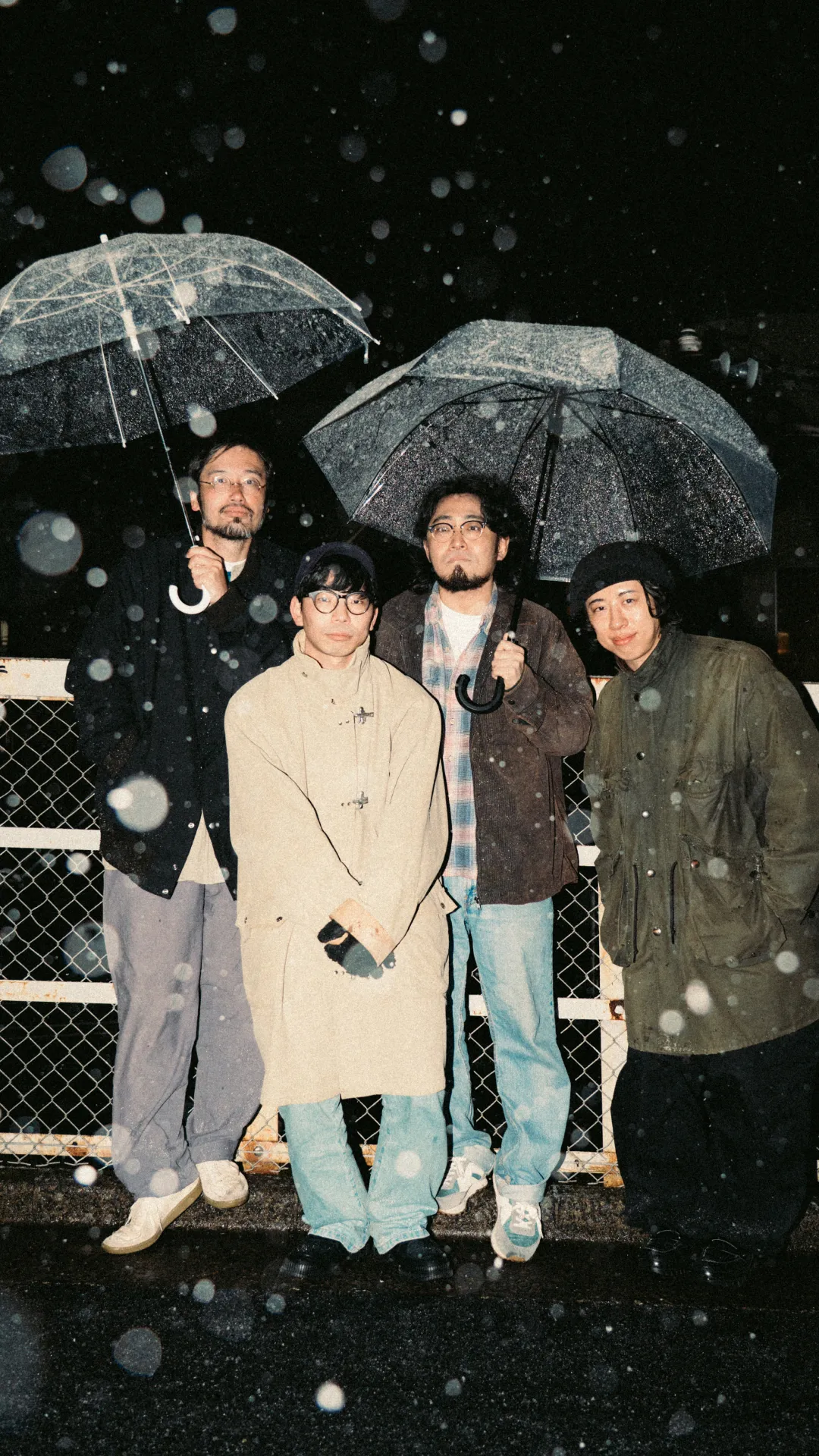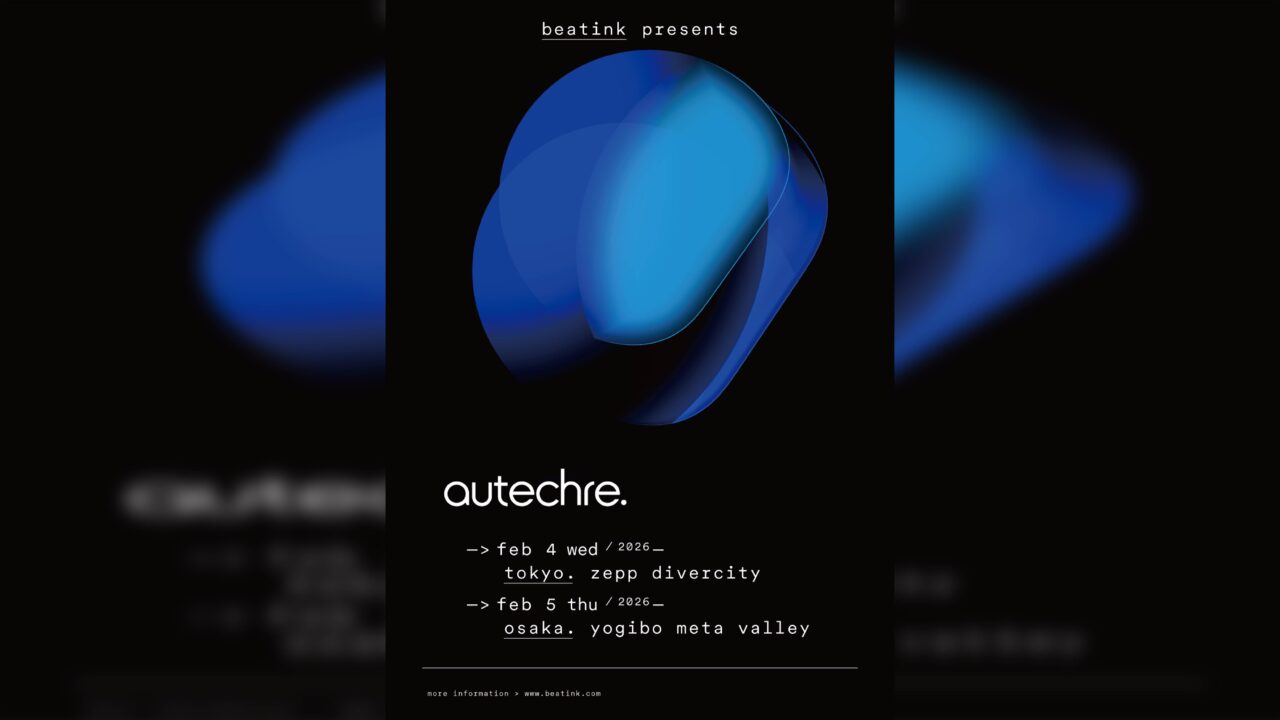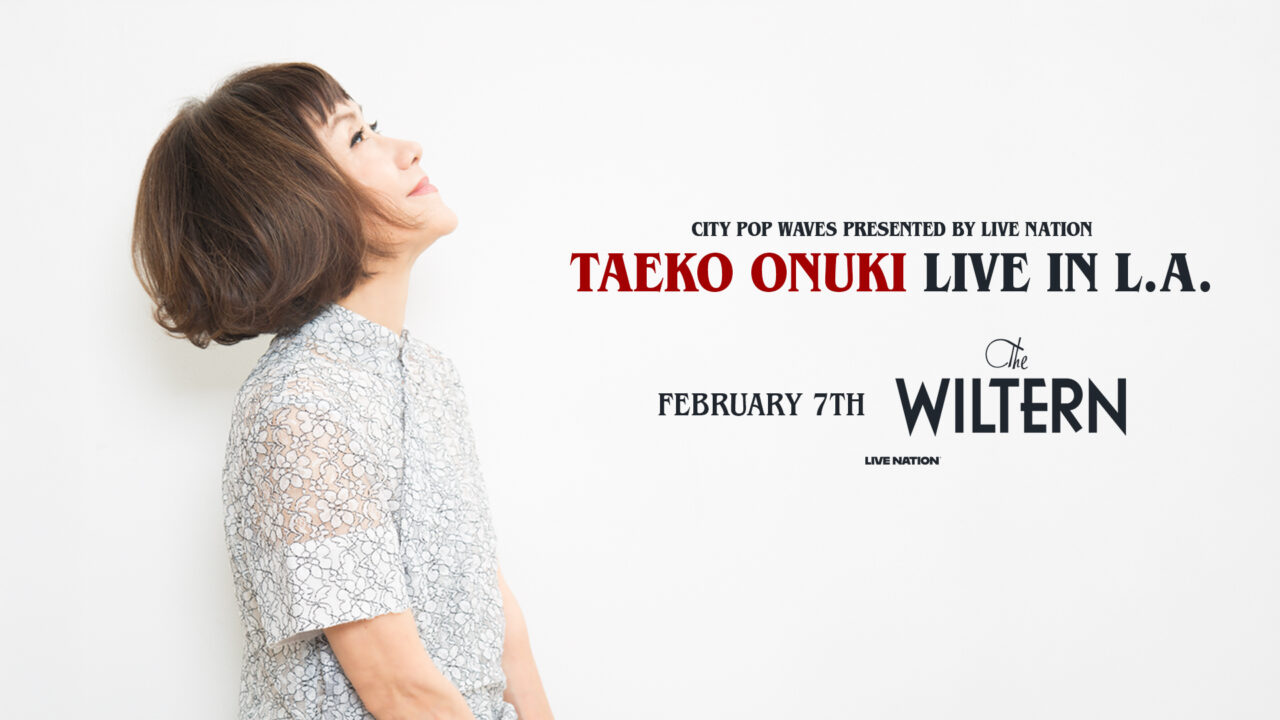INDEX
On “Tomodachi no Uta“: “Every word in the song speaks to feelings we genuinely know.” (Imaizumi)
It sounds like you had some reservations, Imaizumi, but how did the members of Zutto Mayonaka de Ii no ni. react after seeing Winter Morning?
Yoshida: When performing this song, there’s a very specific scene in my mind—certain places and moments that help shape the track. But I never really considered the emotions of the people in that scene. I had always thought that the imagery I envisioned dictated how the people in it would feel. But after watching Winter Morning, I realized it might be the opposite—that the feelings people carry influence the environments around them. Maybe the “small cabin found after wandering in exhaustion” from the lyrics, or the izakaya and love hotel in Winter Morning, are just reflections of those emotions.
When a song is released, it inevitably opens up many new interpretations, but this experience felt like I had received the right answer right from the start, and that was really gratifying. Sorry if I sound a bit presumptuous.
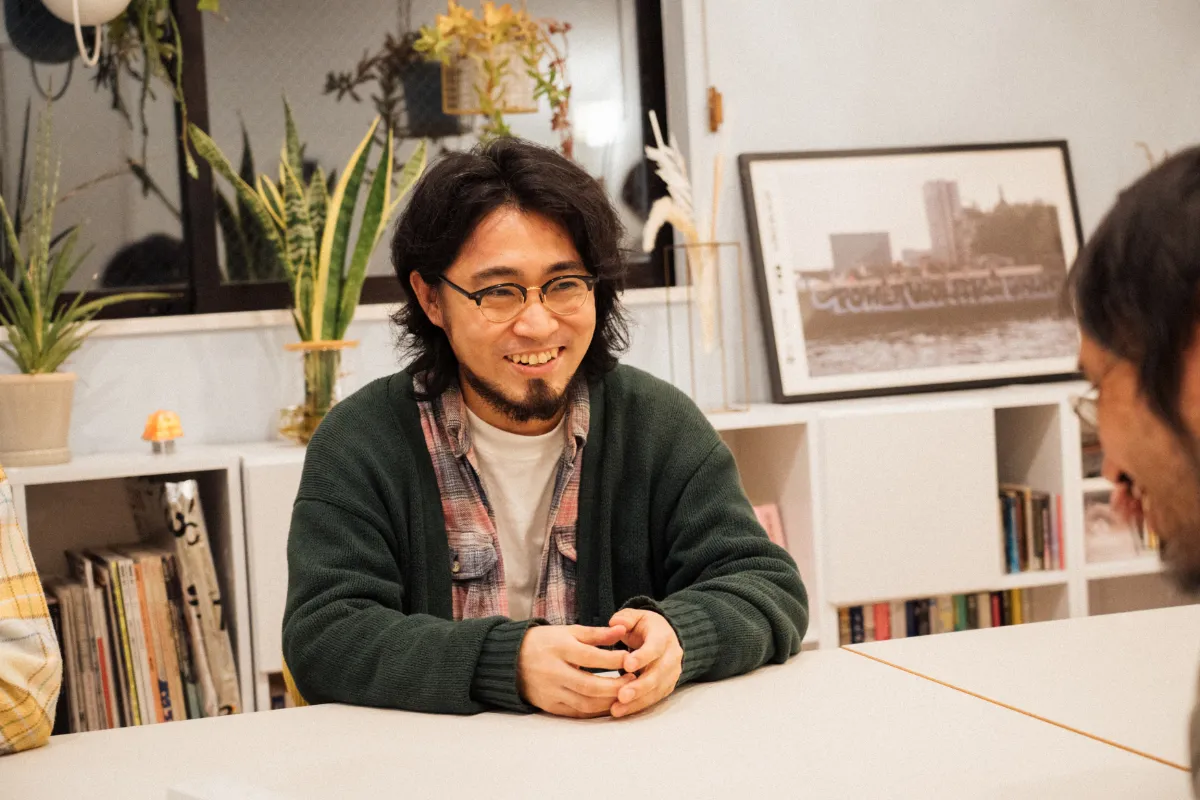
Imaizumi: No, no. Thank you.
Yoshida: One of the reasons I started making music was because I wanted to hear my own songs playing from someone else’s Walkman. Watching this, I was able to feel that meaning again. It’s like, “It’s my song, but it’s also your song.”
Imaizumi: Whether it’s music or film, I think it’s a good thing that people interpret them differently when they experience them. When it comes to making movies or dramas, I question the idea of universal empathy. Rather than everyone feeling the same way, I want to allow room for deeper, personal interpretations. For example, in a movie theater, the person sitting next to you might not understand it at all, but you might feel like you get it in a way that’s uniquely yours.
How did you feel, Wasumi?
Washimi: I thought it was interesting how I couldn’t quite figure out who the protagonist was. Instead of rooting for one particular person, it was more about asking myself, “What kind of person is this? How should I view them?” As I continued watching, my perception kept shifting.
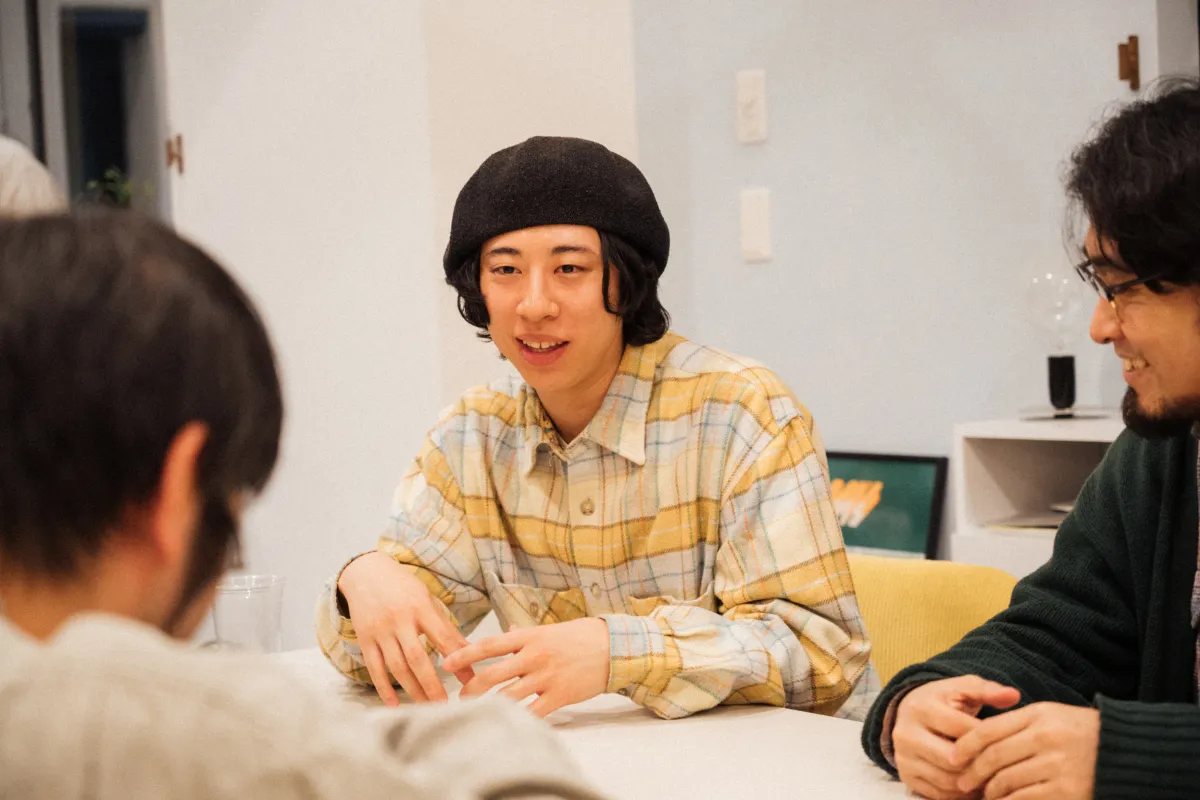
Imaizumi: I’m glad to hear that. I was intentional about the shift in the protagonist. In Winter Morning, “Tomodachi no Uta” plays twice. Originally, the script only had a scene where Miho and Tanabe are smoking, but on set, the cameraman suggested shooting the final scene in one continuous take. That’s when I thought, “This might be the moment to play the song.” During editing, I couldn’t decide between using the song in both places because both moments felt equally compelling. When it played in the final scene, it felt like the protagonist shifted in that instant. I think that’s how it is with one and one—depending on the situation, the other person in the song changes.
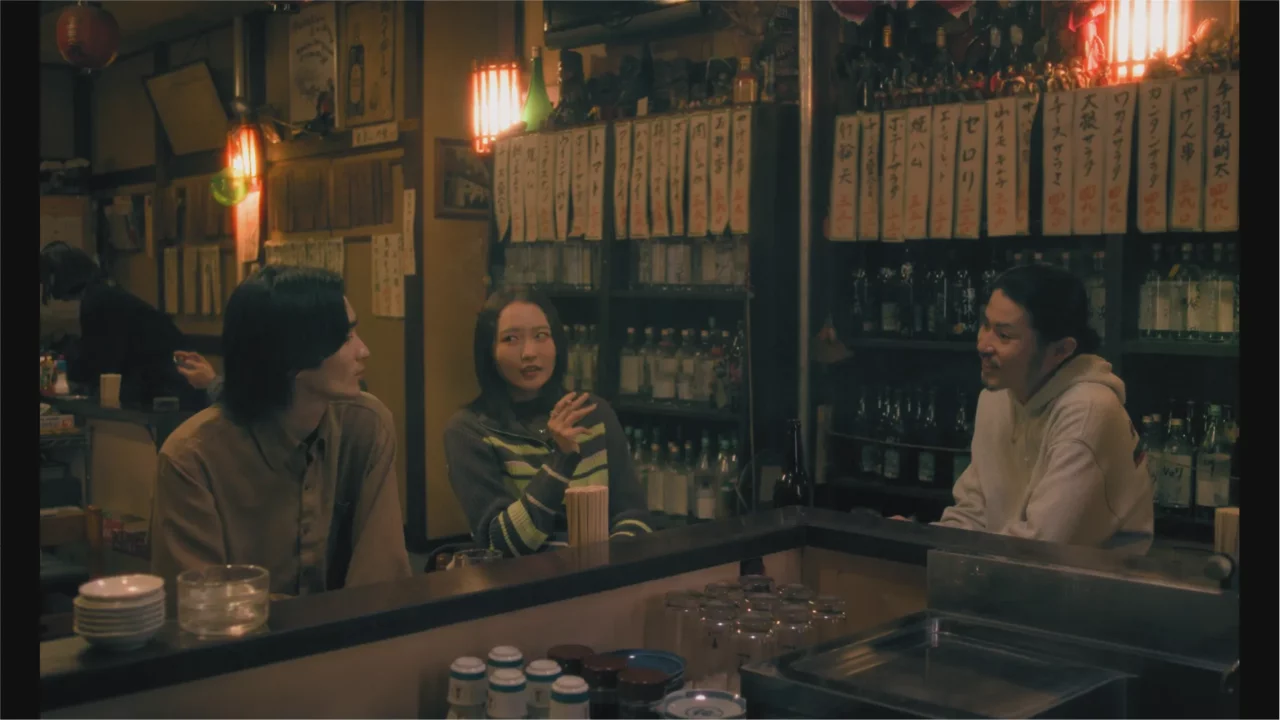
Yamagishi: I think the line at the beginning, where Miho and Tanabe discuss how “it’s impossible to express feelings with words,” serves as a central theme throughout the entire story. It’s not that it’s impossible to put feelings into words, but rather that once you do, they become trivialized. I felt like the three of them were experiencing that. It’s the same when you try to put your feelings about music into words.
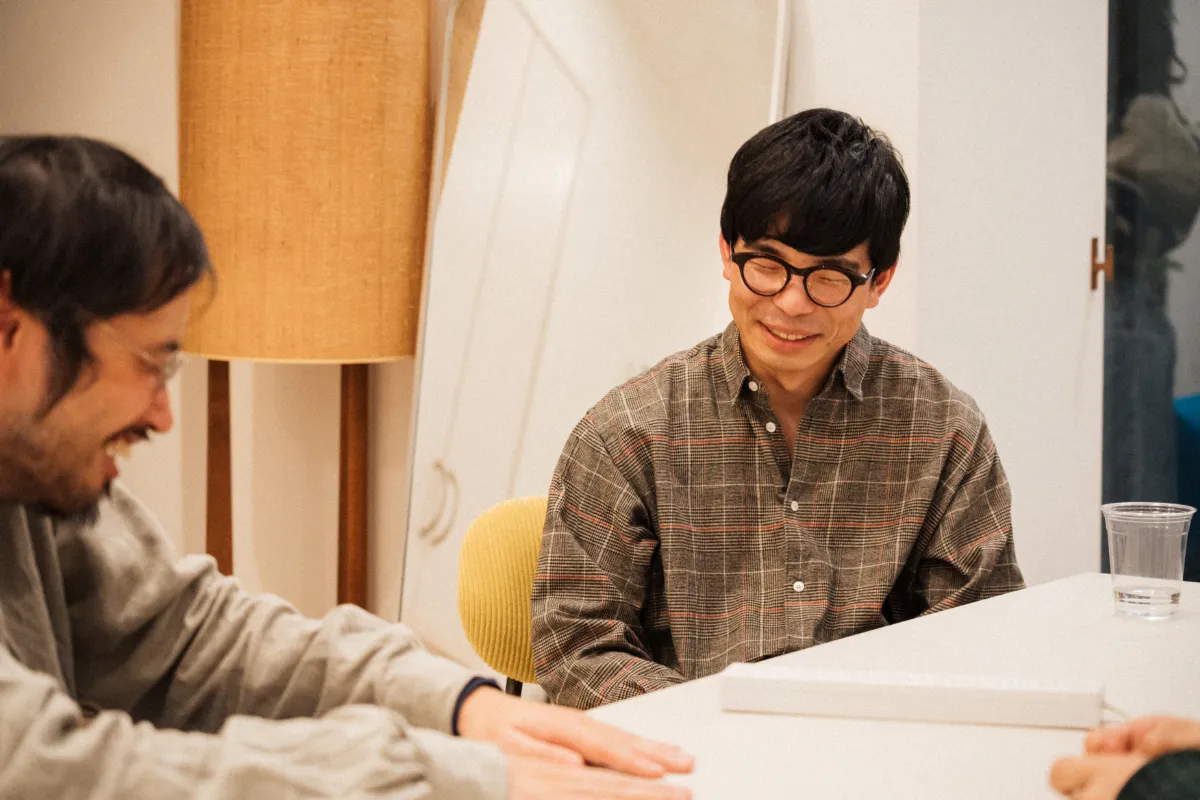
Imaizumi: When it comes to whether or not to explain things with words, I really feel that the lyrics of Tomodachi no Uta express the emotions of this film perfectly. I absolutely love the lyrics. It’s the same when I write dialogue—while I don’t use anything particularly special, I choose words from a variety of options that feel like the only words for the moment. The song is made up of words that only speak to feelings we truly understand. So when the song plays in a scene where the characters are just smoking without any dialogue, it feels like the lyrics flow through their hearts.





